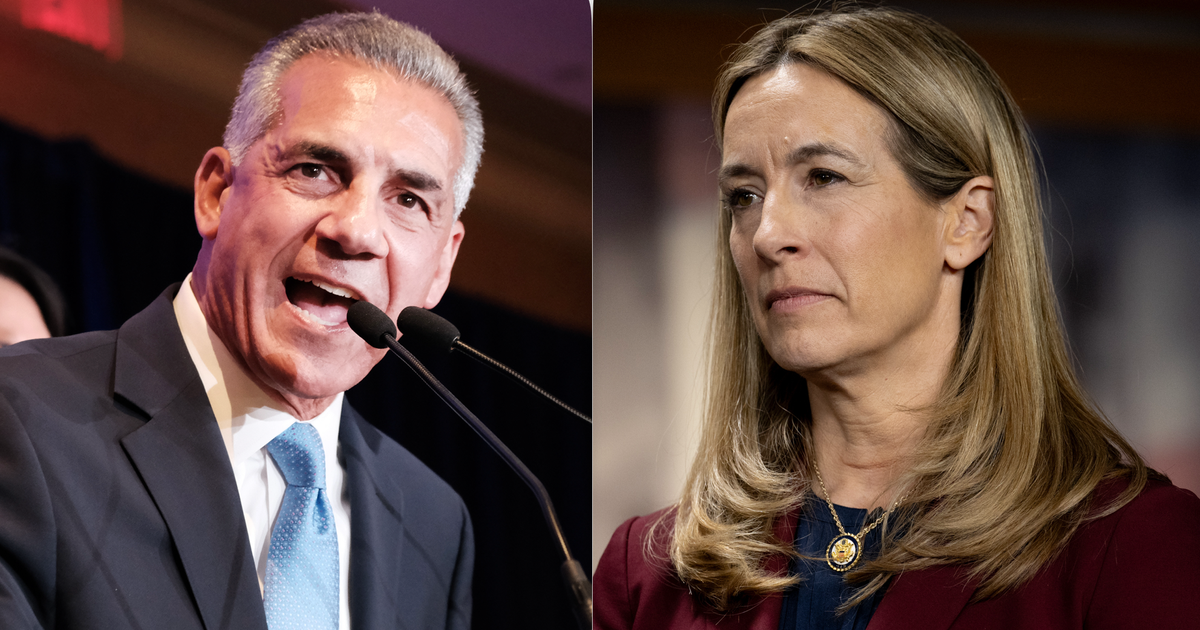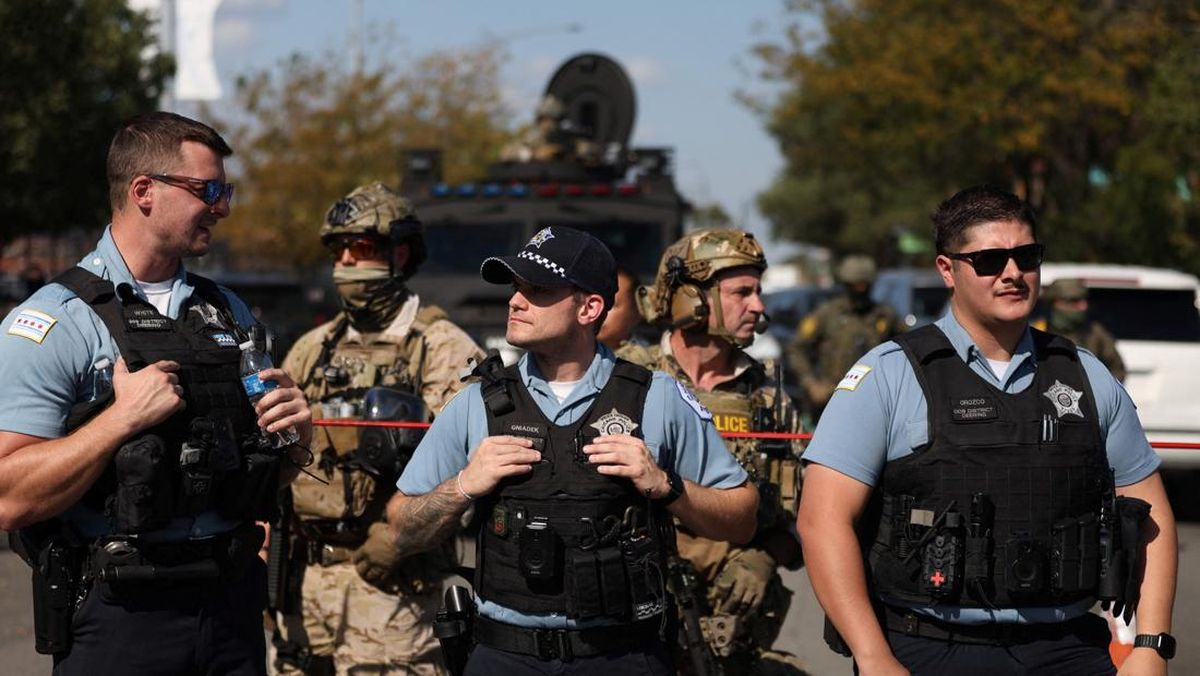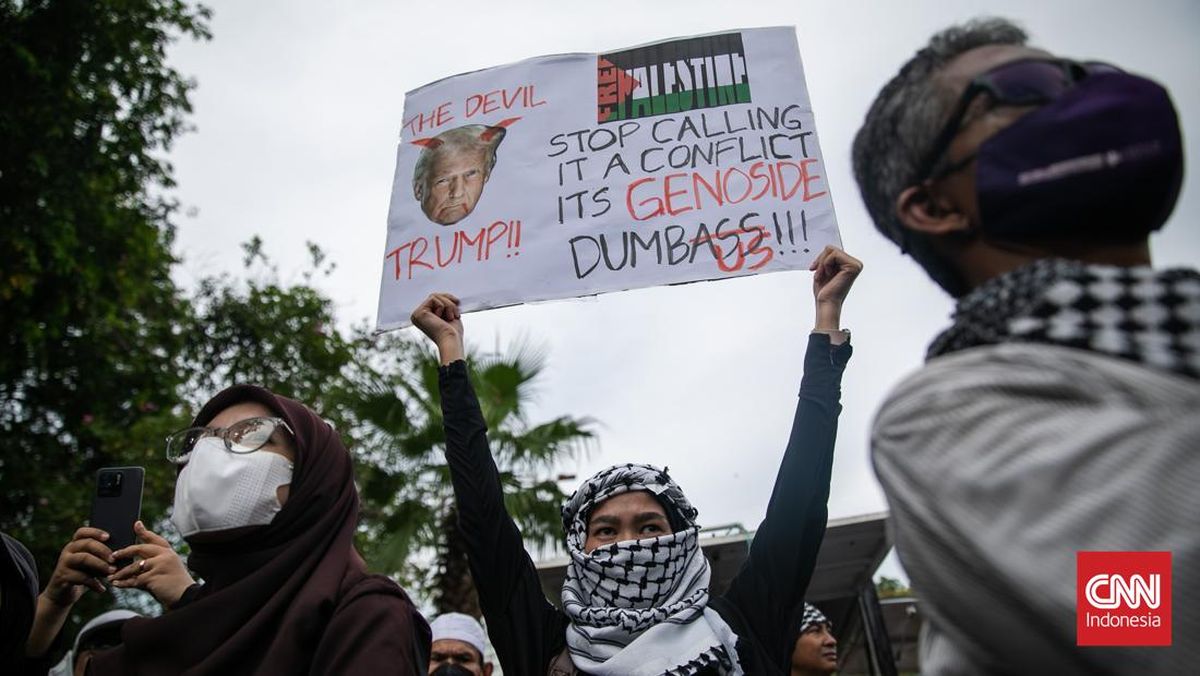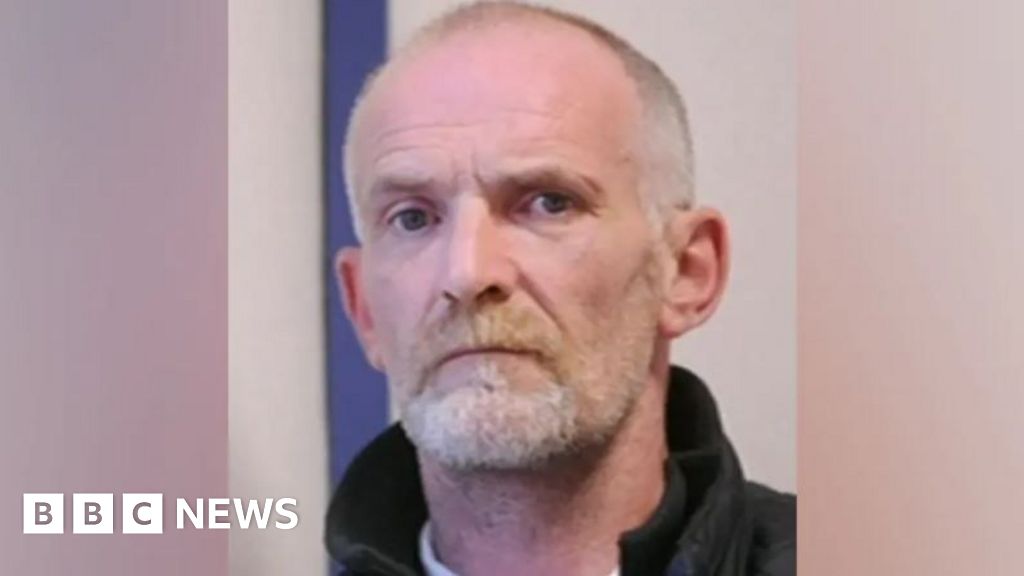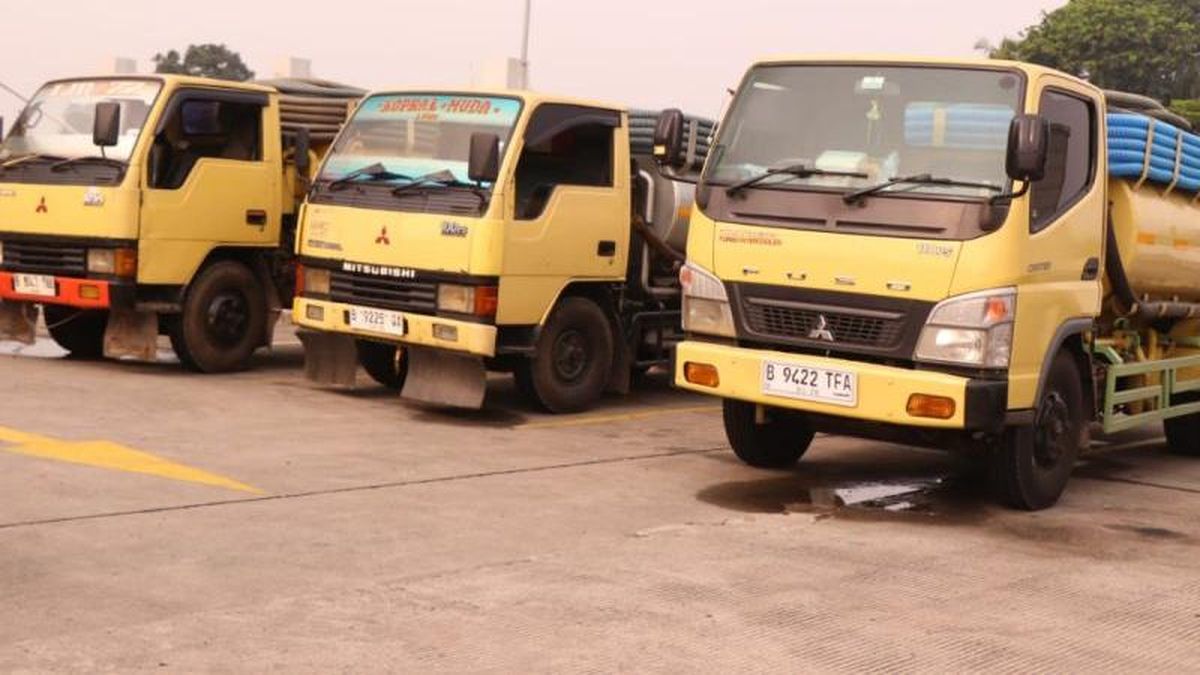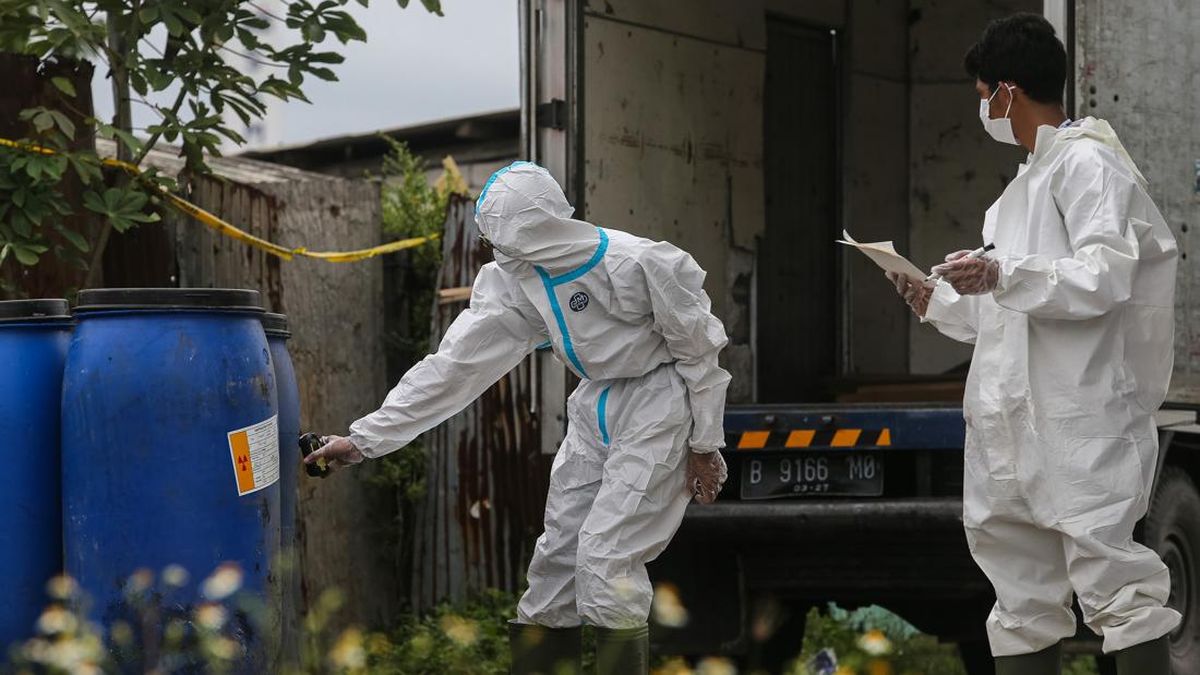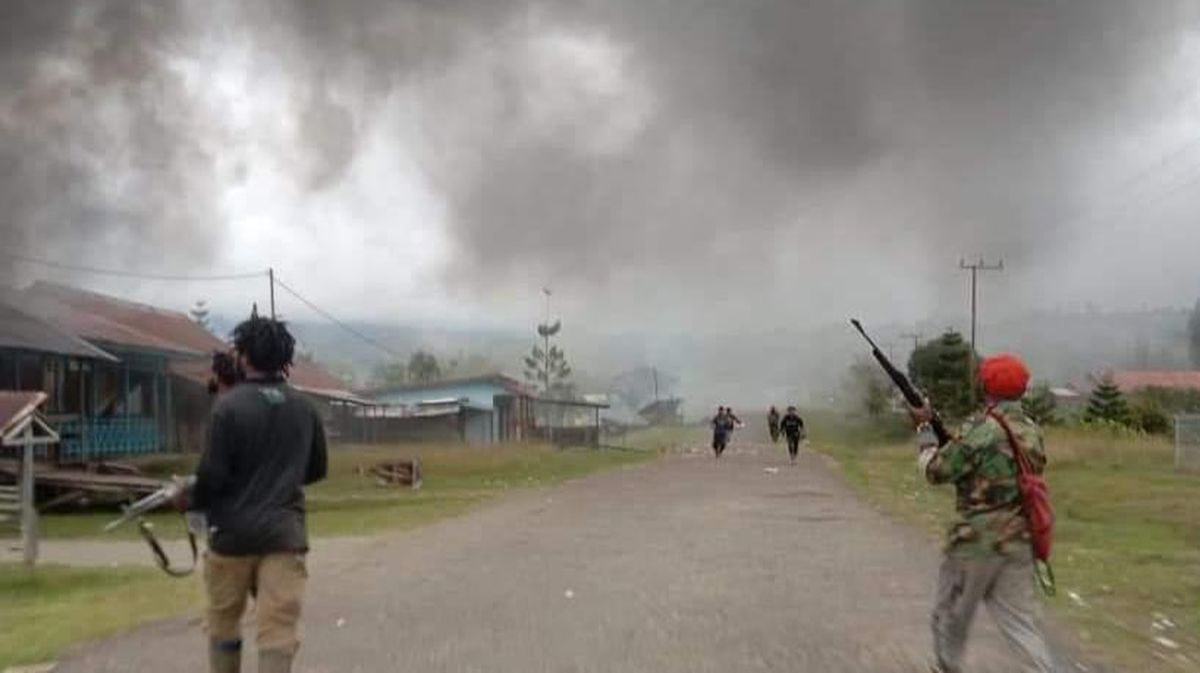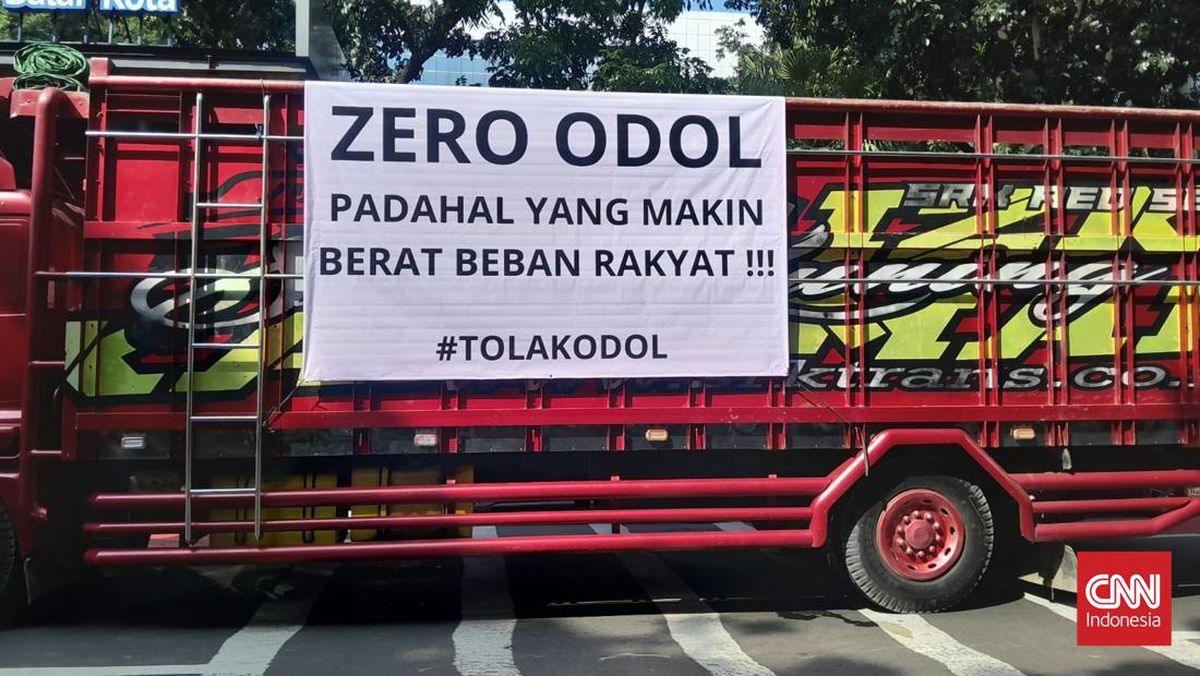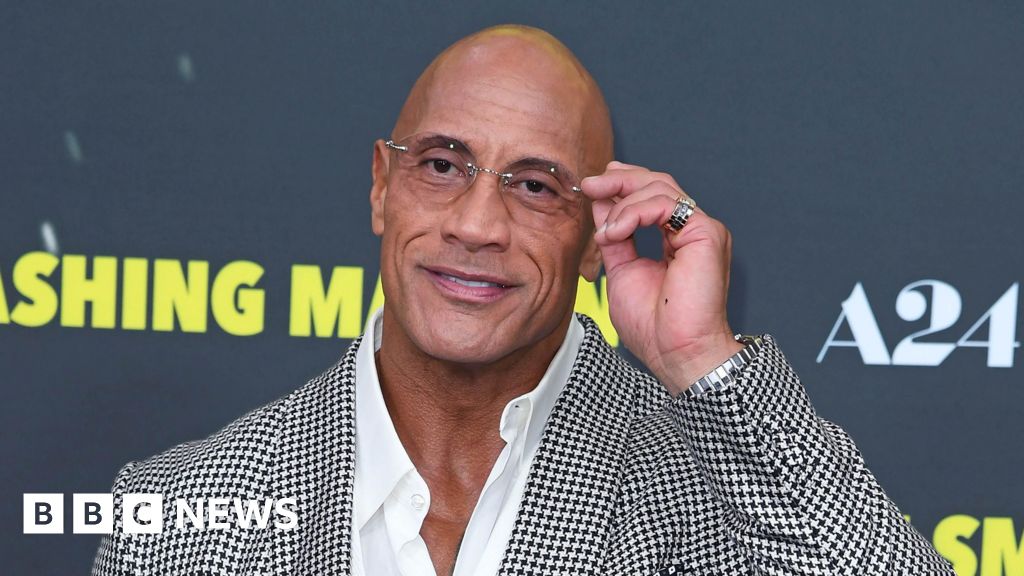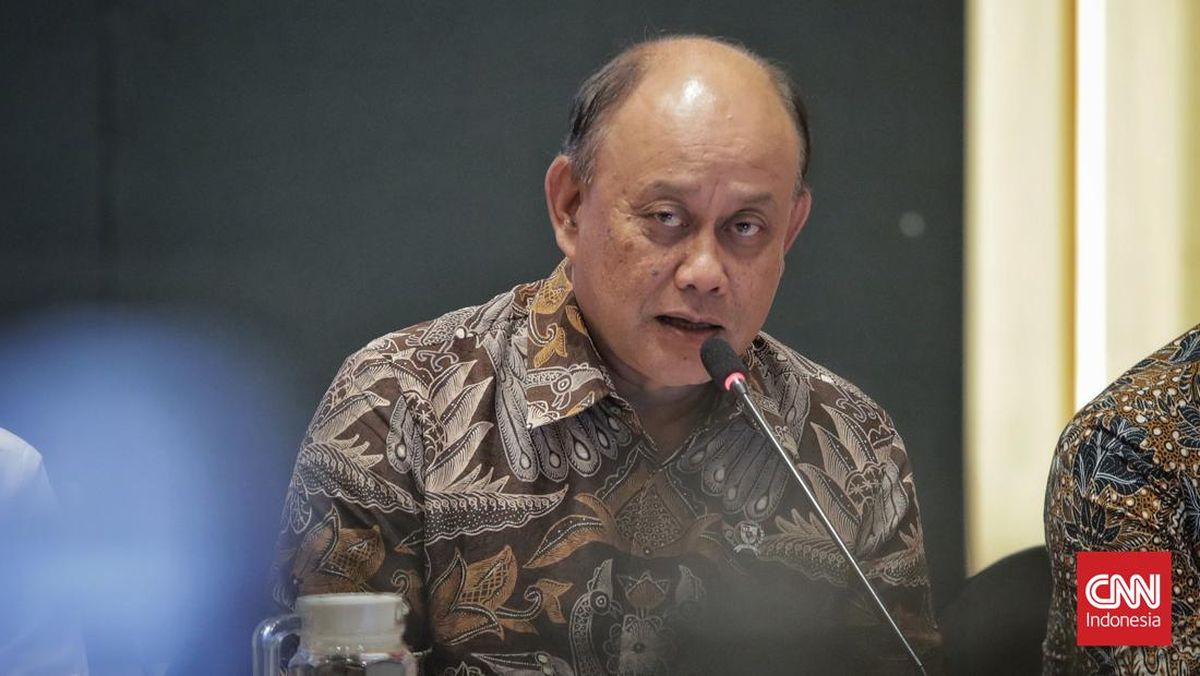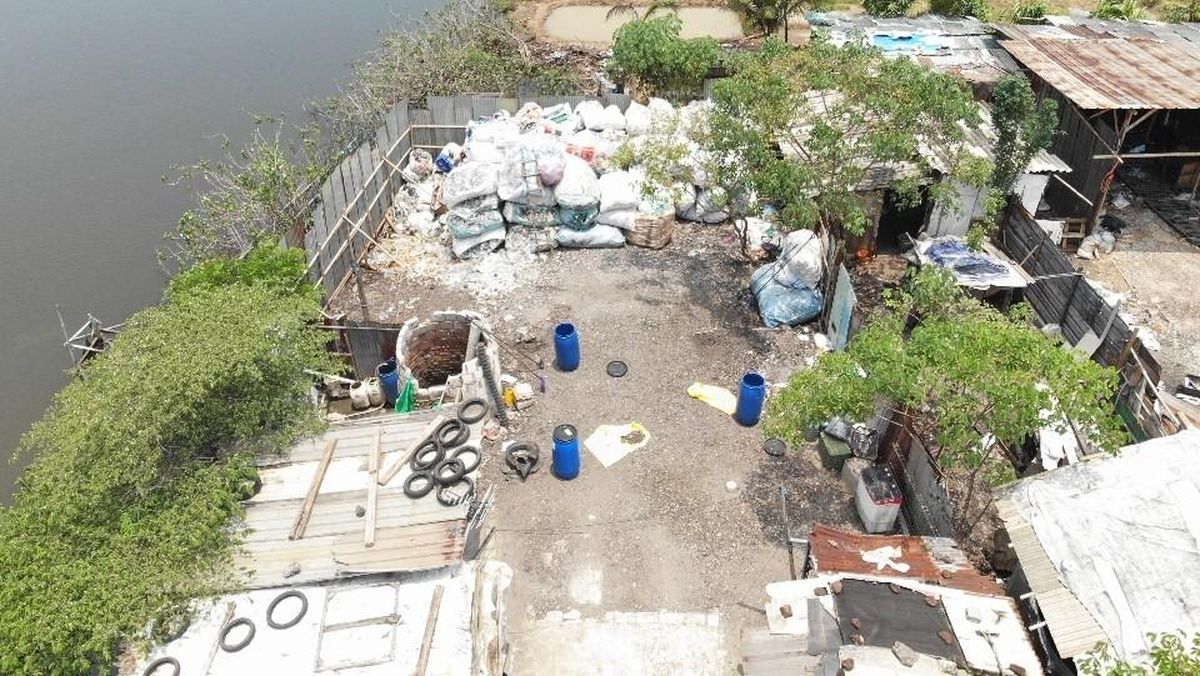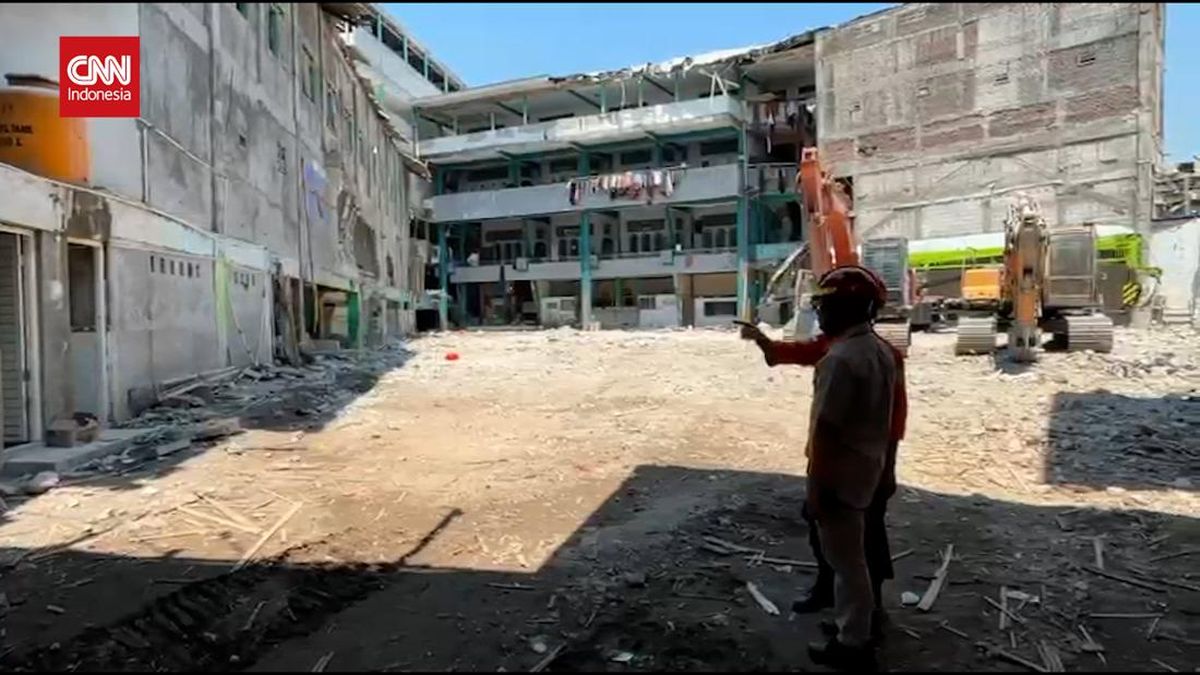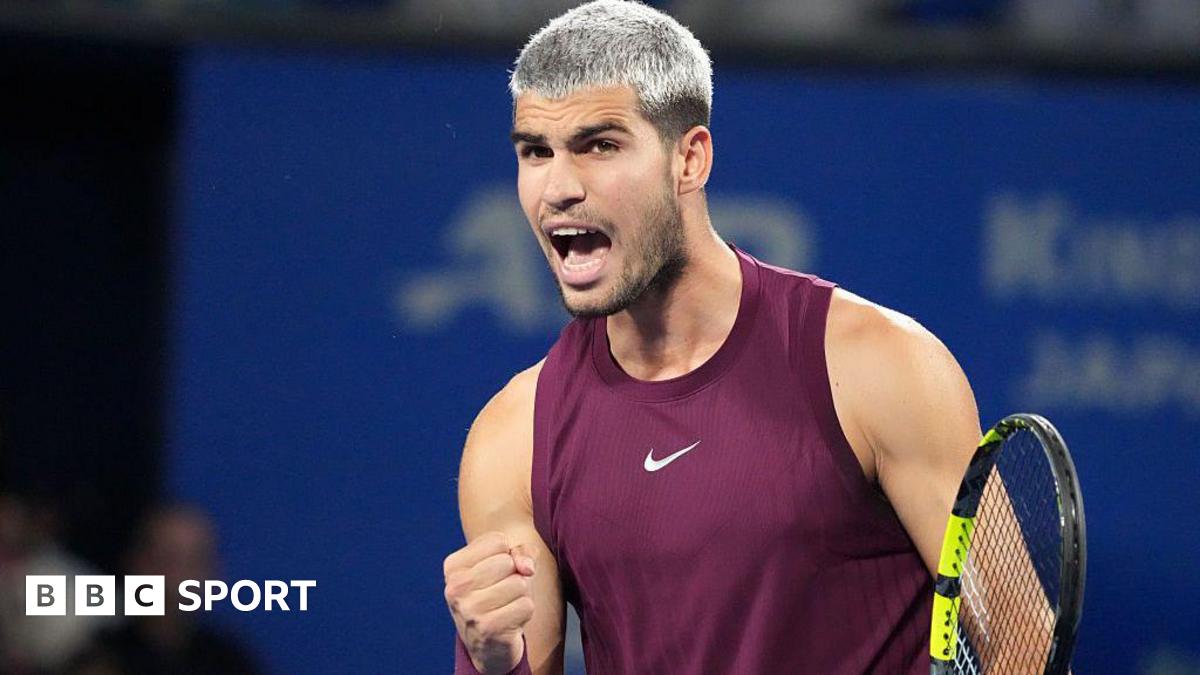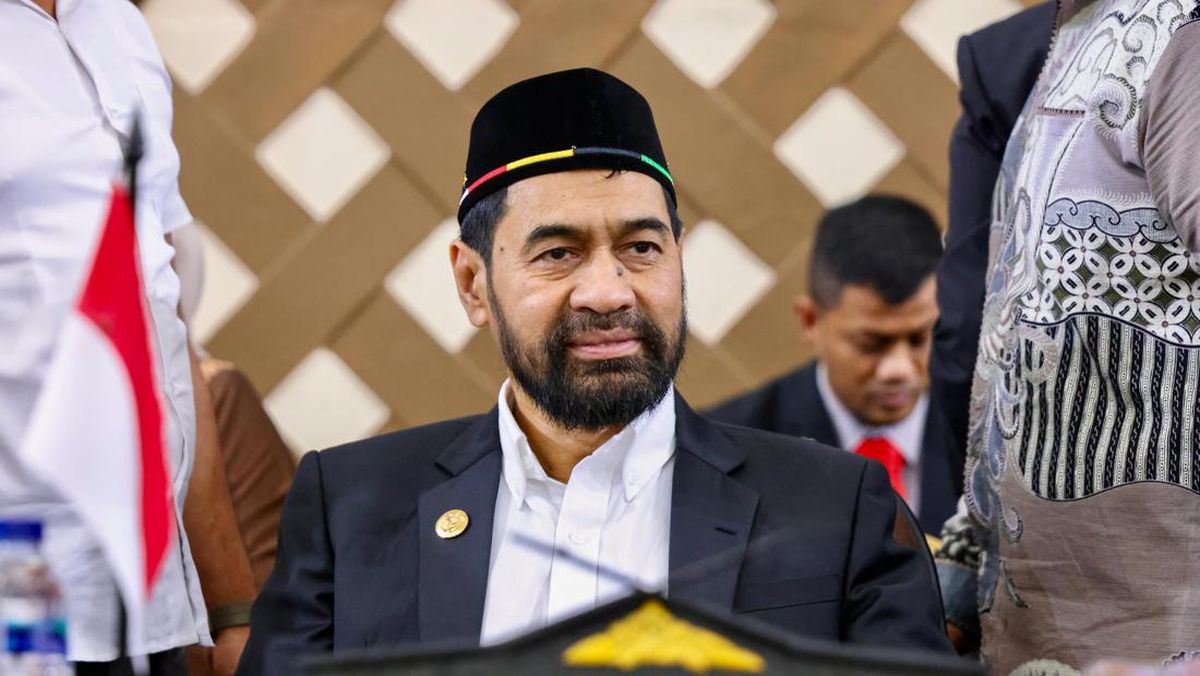Premier Chris Minns’ practice of putting pragmatism above principle on drug law reform is ordinary social policy and only delays the inevitable.
He reluctantly agreed to last December’s drug summit and the experts looked for change, especially on decriminalisation of drug possession. A coalition of MPs, the Health Services Union and nurses wanted drug-testing before last summer’s festival season, legislation to allow extra safe injection centres beyond Kings Cross and the treatment of medicinal cannabis like any other prescription drug in driving laws.

Premier Minns is still making up his mind
Before the summit, the government announced $235 million in funding for drug treatment and has since agreed to a trial of pill-testing, but Minns, whose time as premier has often been typified by a hesitance to pursue progressive reforms, has proven reluctant to go further.
Now a cross-party group of Labor, Liberal and independent MPs have endorsed a parliamentary committee report urging a pathway for legalisation of cannabis in NSW. A NSW upper house inquiry had found the current regime was discriminatory because people with means could obtain medicinal cannabis legally, while others were criminalised.
At the same time, an open letter from welfare groups including Wesley Mission, Salvation Army, St Vincent de Paul Society and the NSW Council of Social Service has demanded the government starts putting money into the drug summit recommendations after they were all but totally ignored in last week’s state budget.
“By implementing the priority actions outlined in NSW drug summit report with urgency, increasing funding for urgently needed services and making sensible changes to our laws, we can help keep the people we serve and our communities safe,” they said. “As social service and faith-based organisations, we urge the NSW government to demonstrate leadership and respond promptly and appropriately to the findings of this report. The families and
communities impacted by this issue across NSW have waited too long for change.”
Loading
But drug summit recommendations are always radical. That is partly because in this difficult area of social policy, timidity has long ruled, and adversarial policies have been regularly deployed as a battering ram by political opponents. But the Minns government has done little since the summit recommendations were released three months ago. Reform is hard on such polarising issues. It does not imply approval, but rather the proper acceptance of a responsibility to help save lives where they can be saved.
Decriminalisation of cannabis and other drug law reform carries positives and negatives. However, community pushbacks can prompt recalibration: Thailand became the first country in Asia to decriminalise cannabis in 2022 and the move boosted tourism, cultivation and spawned thousands of shops, but a public backlash ensued. And last week amid allegations of increased addiction rates and the drug being supplied to minors, the government banned shops selling the drug without a prescription.
Six years ago, Minns in opposition supported cannabis legalisation but once in government cooled on the idea, saying there was neither a mandate nor a Labor position on the issue. The time has long past for muddle-minded positions. Events and community expectations have moved on, and the government must catch up.
Bevan Shields sends an exclusive newsletter to subscribers each week. Sign up to receive his Note from the Editor.

